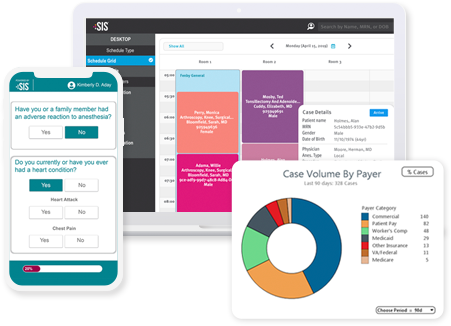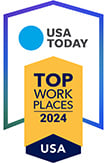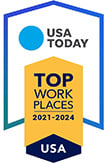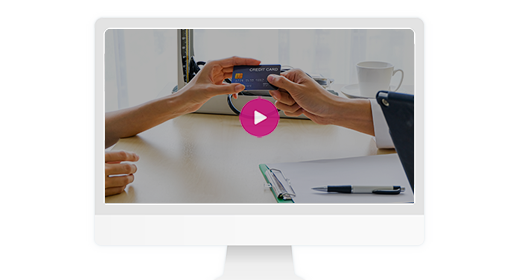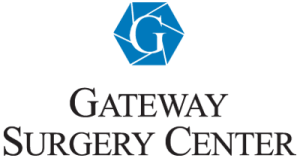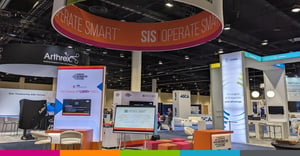S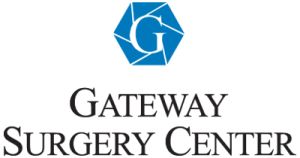 usan Nance, RN, CASC, is administrator of Gateway Surgery Center in Phoenix, Ariz., a member of the AmSurg Corporation.
usan Nance, RN, CASC, is administrator of Gateway Surgery Center in Phoenix, Ariz., a member of the AmSurg Corporation.
Susan Nance: It's important for a number of reasons. It helps with documentation, provides information continuity, is great for data collection and is easy to use. From a compliance perspective, it helps standardize documentation and decreases risk exposure.
Q: What did you find appealing about the AmkaiCharts EMR?
SN: First, that it was user-friendly. When you're looking at a system, you want something that nurses can utilize quickly and rapidly, and that physicians are willing to use and can do so quickly and rapidly. You don't want them having to go from page to page, trying to document simple things that they have already completed and that should be pulled in from another screen. AmkaiCharts pulls in all the relevant information; it really has tremendous ease of use for nurses and physicians.
Q: What do you find particularly valuable about the AmkaiOffice business administrative system?
SN: Scheduling is easy — you don't need to flip back and forth between screens to schedule. It's able to access information from other areas.
As for data collection, it's easy and efficient. You don't get "garbage in, garbage out." With AmkaiOffice, you know that when you want to analyze the data you have put into the system, the information that comes out of that analysis will be useful and will actually help you to improve your operations.
Q: What do you see as the biggest benefits of using AmkaiOffice?
SN: How it helps with costing is probably the biggest benefit. Once you have entered the case costing information into the system, you can provide that information to physicians and staff and then identify concrete ways to improve your dollars on the back end. Without that knowledge and data, you really can't bring about financial improvements.
Q: What has been your experience working with the AmkaiSolutions team?
SN: Compared to other vendors, the difference in how AmkaiSolutions worked with us was night and day. AmkaiSolutions was there to help with building, preparing and implementing the systems, making it really easy. I've used other systems where I've had to do the build and it was quite a struggle.
The AmkaiSolutions team was very responsive during implementation and they maintained that level of communication. I never felt like I was calling for help into a nebulous hole and not receiving any information back. AmkaiSolutions was there and responsive, which is huge. When you're working in a center and need to have something fixed, you need a response right away. You can't wait 24 hours and then be told there's no problem. When you can't work the way you want to work, there is a problem.
Q: What would you say to any ASC not thinking about making the switch to an EMR?
SN: I think I would tell them that they're being shortsighted. When you look at what's happening in the market and where it looks like we're going moving forward, all centers will eventually have to go to an electronic medical record. It makes more sense to make the switch now, and be ahead of the game, versus falling behind and then needing to scramble to find a system and rush the process. Once you start using an EMR like AmkaiCharts and take advantage of the ease of use I noted earlier, it's even more justification for why you made the switch.





